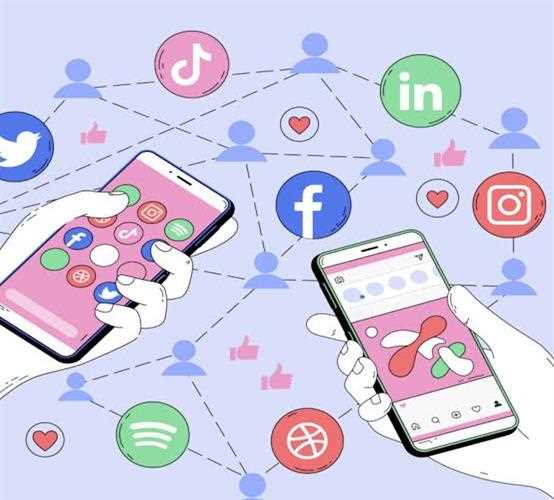Social media has become an increasingly powerful tool in shaping political discourse and mobilizing public opinion. Its impact on politics has been significant, transforming the way in which political campaigns are conducted, how political leaders communicate with their constituents, and how citizens engage with political issues. In this article, we will explore the impact of social media on politics in more detail.
One of the most significant impacts of social media on politics is its ability to reach a wider audience than traditional media. Social media platforms such as Facebook, Twitter, and Instagram have millions of users, providing politicians with an opportunity to connect with a much larger audience than they could through traditional media channels such as television, newspapers, or radio. This has transformed political campaigns, making it easier for politicians to reach a broader demographic and mobilize support for their cause.
Another impact of social media on politics is its ability to create echo chambers, where people only receive information that reinforces their existing beliefs and values. This has led to a polarization of political discourse, where individuals are less likely to engage with opposing viewpoints and more likely to dismiss them outright. This has the potential to create a more divisive political environment, making it harder for politicians to reach across the aisle and find common ground.
Social media has also transformed the way in which political leaders communicate with their constituents. Platforms like Twitter and Facebook allow politicians to communicate directly with their followers, providing a level of immediacy and transparency that was previously not possible. This has the potential to foster greater engagement and trust between political leaders and their constituents.
Another impact of social media on politics is its ability to provide a platform for citizens to voice their opinions and concerns. Social media has enabled individuals to mobilize around specific issues and engage in political activism in a way that was previously not possible. This has the potential to create a more participatory democracy, where citizens are actively engaged in the political process.
However, social media's impact on politics is not without its challenges. One of the most significant challenges is the spread of fake news and misinformation. Social media platforms have been criticized for not doing enough to combat the spread of false information, which has the potential to undermine public trust in the political process.